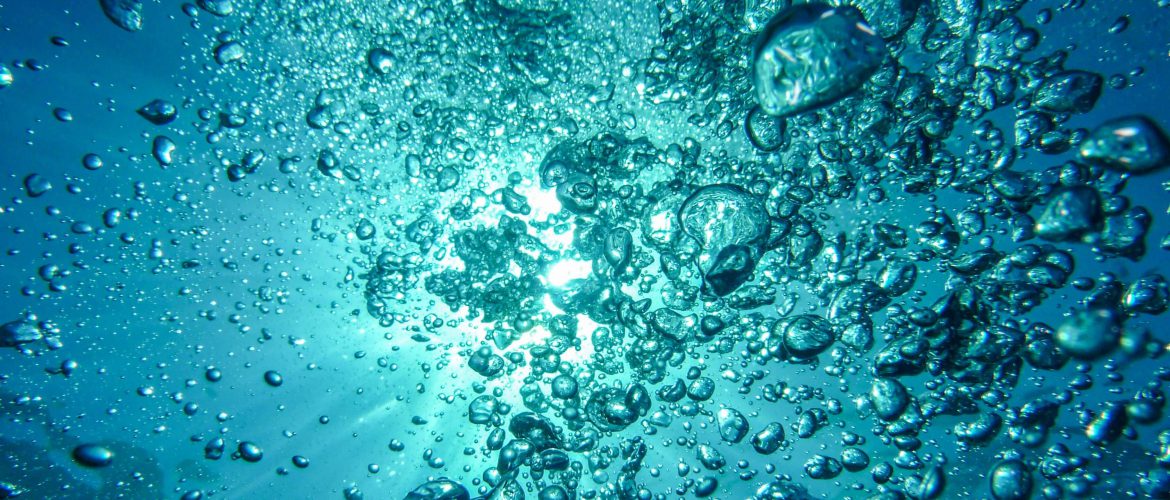Failure to provide appropriate preventive maintenance of the nursing home’s water systems where Legionella bacteria might grow places residents at risk for developing Legionnaires’ Disease and may result in charges of neglect with resulting submission of false claims.
Compliance Perspective – Legionella Bacteria
Policies/Procedures: The Compliance and Ethics Officer with the Maintenance Director and the Administrator will review the policies and procedures addressing the nursing home’s water systems and actions that must be taken to prevent potential development and spread of Legionella bacteria.
Training: The Compliance and Ethics Officer with the Maintenance Director will confirm that appropriate staff are trained to ensure the sanitation of any hot tubs, whirlpool tubs, shower heads, hot water tanks and heaters, plumbing systems, cooling towers, and decorative fountains, and the process for adding appropriate chemicals and maintaining temperatures to prevent the presence of Legionella bacteria.
Audit: The Compliance and Ethics Officer with the Maintenance Director should personally conduct periodic audits of the facility’s water systems to determine if they are being monitored for Legionella bacteria and to ensure that appropriate preventative measures (monitoring, chemicals, and temperature control) are being applied and documented.
In November 2018, a 91-year-old resident in an Illinois nursing home died of Legionnaires’ disease, and three other cases were recently confirmed.
A violation notice from the Illinois Department of Public Health (DPH) was sent to the nursing home after it was confirmed by an environmental investigation and plumbing inspection team that Legionella bacteria was present in the nursing home’s water system.
Legionnaires’ disease can result in a serious lung infection that is spread by breathing in small water droplets containing Legionella bacteria.
The nursing home is taking precautions as a result of the outbreak. Residents who remain at the facility are advised to minimize contact with water vapor by taking baths instead of showering. Some residents are reported to have relocated to a nearby hotel.
As the Illinois DPH found in this case, man-made water systems are the most likely source of Legionella, so appropriate maintenance is very important. The Centers for Disease Control and Prevention (CDC) point out that because there are no vaccines to prevent Legionnaires’ disease, the key to prevention is to ensure that “owners and managers maintain building water systems that might grow and spread Legionella.” These systems include hot tubs, hot water tanks and heaters, large plumbing systems, cooling towers, and decorative fountains.
Water temperatures can be raised to reduce transmission, and chemical treatments or biocides can be added to water systems to inhibit growth of the bacteria.













































































